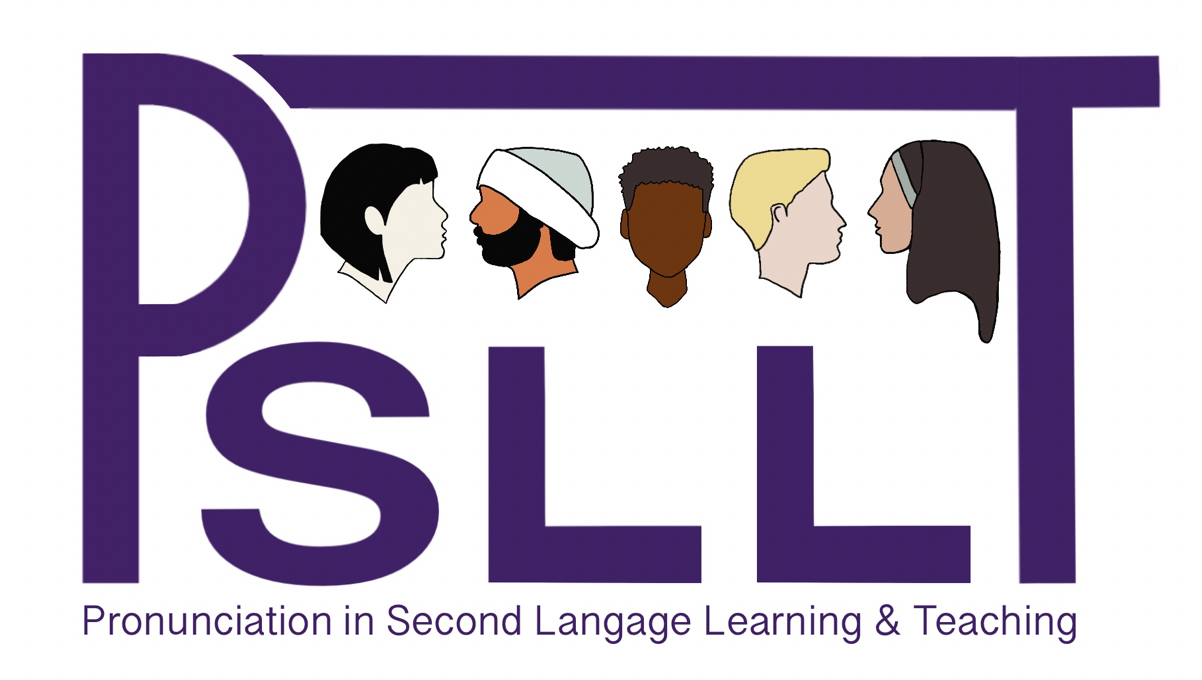Versant and Advanced L2 Speakers’ Ratings of Japanese Learners’ Oral English
- Akiko Okamura (Takasaki City University of Economics)
Abstract
It is important to evaluate the intelligibility of L2 speakers’ English from a lingua-franca perspective. It is also now possible for computer programs to provide automatic evaluation of spoken English. It is of interest to know how such evaluations relate to those of L2 human listeners. This study compared speaking test scores of intermediate proficiency level Japanese students generated by the machine-evaluated speaking test Versant with evaluations of the same informants made by advanced L2 speakers. Four Japanese informants’ recordings were chosen such that overall Versant scores were similar but part-skill scores for ‘fluency’, ‘pronunciation’, ‘grammar’, and ‘vocabulary’ were different. Twenty-one Stockholm University English major students ranked the recordings twice, once in terms of intelligibility and once in terms of pronunciation quality. They also chose either segmentals or suprasegmentals as needing the most improvement. The results show that what the program calls pronunciation is important for intelligibility. However, vocabulary seems also to affect intelligibility. Informants with lower Versant fluency scores were perceived as needing to learn suprasegmentals more than segmentals to improve intelligibility, while more fluent learners were perceived as needing to work on segmentals.
How to Cite:
Okamura, A., (2012) “Versant and Advanced L2 Speakers’ Ratings of Japanese Learners’ Oral English”, Pronunciation in Second Language Learning and Teaching Proceedings 4(1).
Downloads:
Download PDF
View PDF
